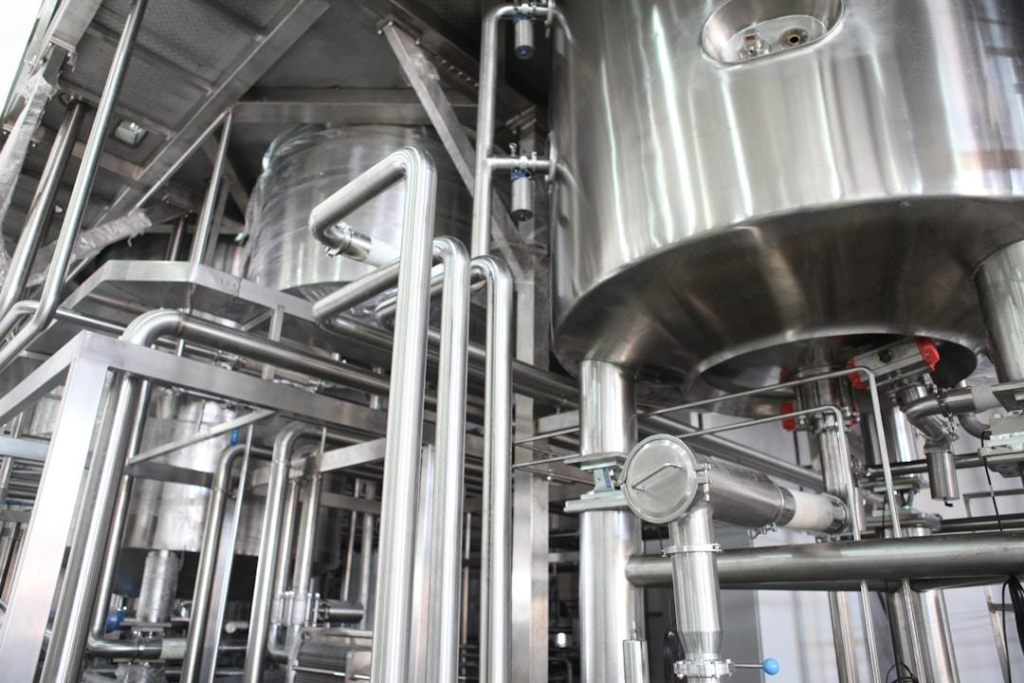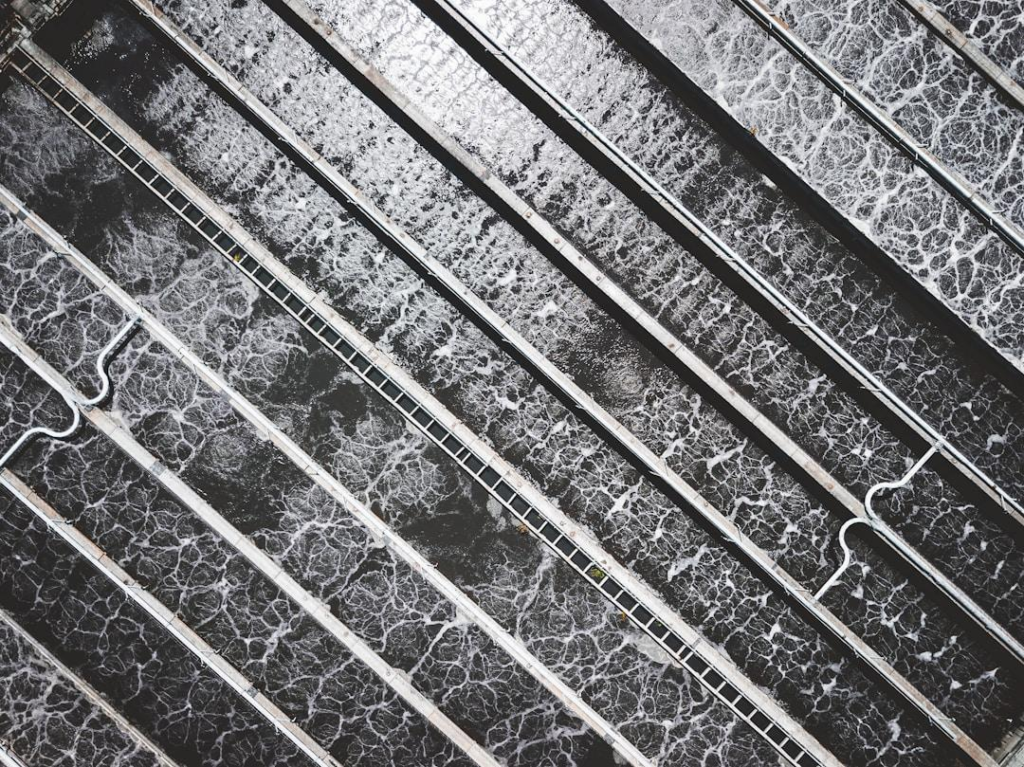
When selecting industrial evaporator equipment, there are critical factors to assess to ensure the chosen system aligns with your specific needs. From understanding its applications to evaluating its energy efficiency, each aspect plays a pivotal role in the effectiveness and cost of your operations. It’s crucial to also consider the longevity and maintenance of the unit, as well as the reputation of the vendor and the quality of their post-purchase support. Below, we delve into these key considerations to guide you through an informed decision-making process.
Table of Contents
Understanding Industrial Evaporator Functions and Applications
Evaporators play a crucial role in various industries by removing moisture from substances through vaporization. Understanding the specific needs of your industry is essential for selecting the appropriate equipment. Different types of evaporators, like falling film and rising film, cater to distinct tasks depending on their heat transfer mechanisms, which should align with your process requirements.
Considering factors such as viscosity, thermal sensitivity, and fouling tendencies of the substance is vital in choosing the right evaporator design to maintain efficiency and material integrity during operations. Collaborating with an experienced vendor can provide valuable insights into selecting the most suitable evaporator design for your needs, facilitating a smooth integration of new equipment into your industrial processes.
Assessing the Compatibility with Specific Industry Requirements
When considering an evaporator system, its alignment with industry regulations and safety standards is paramount. Especially in sectors like food, pharmaceuticals, and chemicals, adherence to stringent guidelines is crucial for product quality and consumer safety.
The system’s compatibility with existing infrastructure is key. Seamless integration minimizes the need for extensive modifications, cutting down costs and potential production interruptions. Scalability is also vital, ensuring the system can meet increasing demands without compromising performance. Using materials like stainless steel enhances durability, crucial for withstanding corrosive processing fluids and maintaining operational efficiency over time.
Evaluating the Evaporator’s Energy Efficiency and Operating Costs
Industry operators prioritize energy efficiency to cut down on both carbon footprint and operational expenses. Improved evaporator designs not only reduce energy consumption but also yield substantial long-term cost savings. Factors such as heat recovery systems contribute to enhanced thermal efficiency, thus lowering energy demand and promoting sustainability.
When considering evaporator options, it’s crucial to evaluate the impact on overall operating costs, including maintenance, repairs, and parts replacement. Opting for systems with simplified maintenance requirements and longer service intervals can offer a more favorable cost profile. A thorough assessment of total ownership costs, encompassing initial investment, installation, energy usage, and maintenance expenses, is essential for making informed and financially prudent decisions before purchasing an evaporator system.
Considering the Maintenance Needs and Durability of Evaporator Units

Industrial evaporators need to be durable to withstand tough conditions. The sturdiness of their build and the quality of materials used directly affect their reliability and lifespan, making durability a top consideration for buyers. Maintenance is crucial too, as it can affect the efficiency of the machinery. Evaporators that are easy to clean and service can reduce downtime, ensuring smooth operations.
Access to replacement parts and responsive service teams also play vital roles in maintenance, preventing costly interruptions. Longer warranties with comprehensive coverage reflect the manufacturer’s confidence in their equipment’s quality and performance, providing buyers with added assurance.
Investigating Vendor Reputation and Post-Purchase Support Options
When investing in industrial machinery, the reputation of the vendor matters significantly. Opting for established suppliers known for consistent delivery of top-notch solutions is advisable. Seeking insights from industry peers, perusing customer testimonials, and reviewing case studies can offer valuable perspectives on a vendor’s reliability and performance.
Beyond troubleshooting and repairs, post-purchase support encompasses training, technical guidance, and upgrades to enhance the evaporator unit’s lifespan and functionality. Vendors providing comprehensive support services signify a commitment to long-term partnerships with their clients.
It’s also beneficial to collaborate with vendors dedicated to innovation and continuous product improvement, offering buyers technological advancements and evolving features. Clear communication and responsiveness from the supplier are vital. Neglecting these aspects could result in unnecessary challenges during equipment issues or technical inquiries, impacting the success of the evaporator investment.
Altogether, investing in the right industrial evaporator equipment requires a careful evaluation of its functions, compatibility, energy efficiency, maintenance needs, and the reputation of your vendor. By considering these critical factors, your business is poised to enhance operational efficiency, reduce costs, and ensure product quality — all integral components of a successful industrial endeavor.

